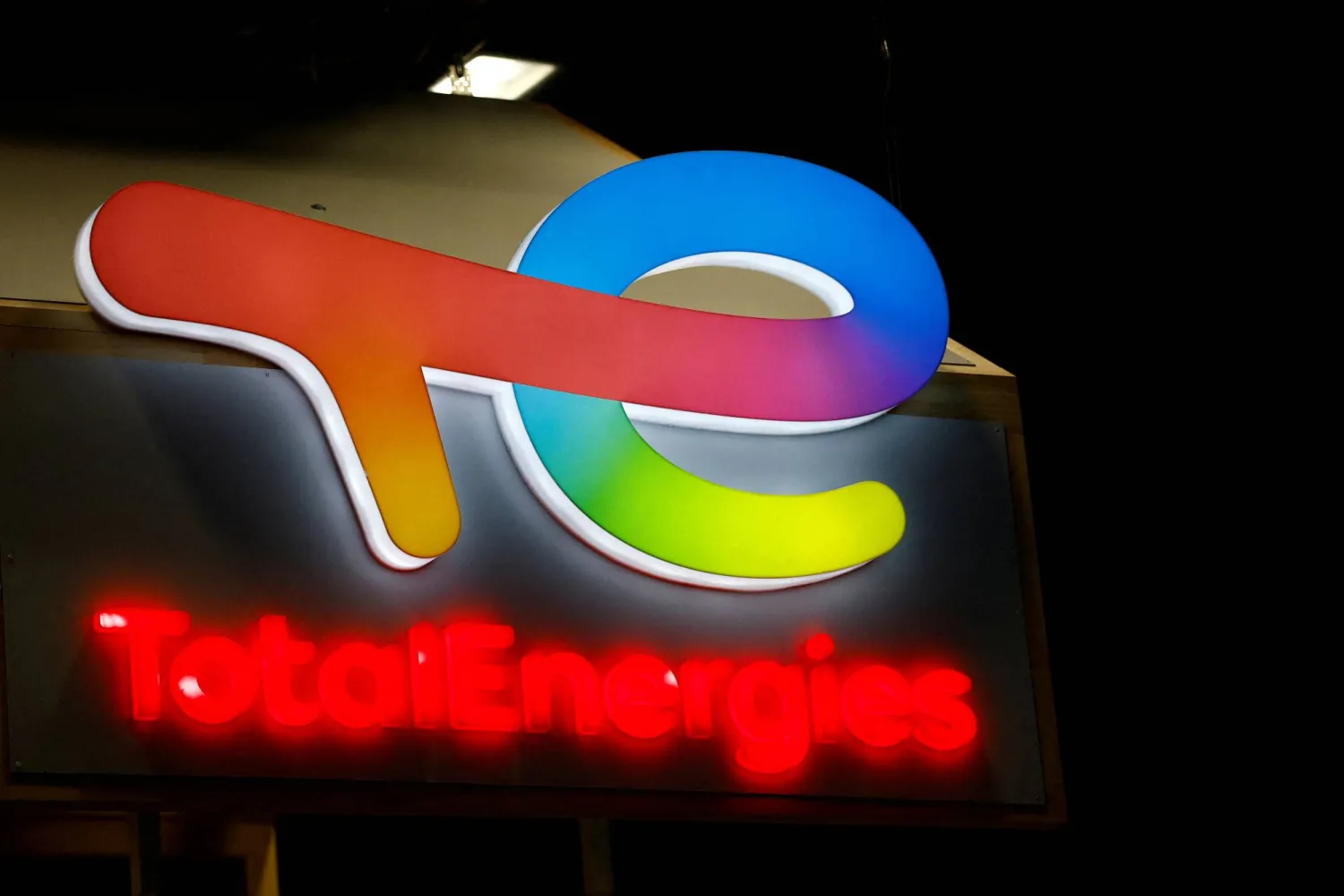Saudi EXIM Bank signed on Tuesday an agreement with the International Islamic Trade Finance Corporation (ITFC) to implement a $25 million financing line for Habib Bank Limited (HBL) in Pakistan to develop export opportunities for the Kingdom's Small and Medium Enterprises (SME) sector to export non-oil products to the Pakistani market.
The agreement comes within the framework of the “Enabling Export Activities of SMEs” program, which aims to increase export opportunities for Saudi SMEs and attract new importers of Saudi goods in Pakistan.
The ITFC and the Saudi EXIM Bank are working to enhance the competitiveness of Saudi non-oil exports to expand in international markets by providing credit facilities to financial institutions in the target markets.
The ITFC is also cooperating with the Small and Medium Enterprises General Authority (Monsha'at) within the program's framework to organize trade meetings for Saudi enterprises with potential partners in several countries and various sectors such as pharmaceuticals, food industries, and others.
The agreement was signed in the presence of the President of the Islamic Development Bank (IsDB), Dr. Mohammed bin Sulaiman Al-Jasser, during a meeting of the program's partners at the ITFC headquarters in Jeddah to develop the 2024 work plan, with the participation of Eng. Saad bin Abdulaziz Al-khalb, [Alkhalb], CEO of Saudi EXIM Bank, Eng. Hani Salem Sonbol, CEO of ITFC and Governor of Small and Medium Enterprises General Authority, Monsha'at, Sami bin Ibrahim Al-Husseini.
This cooperation is an important step in promoting international trade and increasing the contribution of SMEs to the GDP in line with the objectives of Saudi Vision 2030, which is one of the objectives of the “Enabling Export Activities of SMEs” program.
On April 19, 2022, a tripartite MoU was signed between ITFC, Saudi EXIM Bank, and Monsha'at to launch the SME Export Enablement Program in Saudi Arabia.
The program aims to boost Saudi non-oil exports by financing, training, consultations, and capability development for SMEs. Additionally, it focuses on improving the readiness of SMEs to receive financing from financial institutions with the possibility of local private banks participating in the program.
The program focuses on four key areas to help SMEs grow and expand their businesses, including capability development, access to export markets, consultancy services, and access to export financing (credit facilities).
Tuesday’s agreement represents an important milestone in implementing the program's objectives to promote exports of Saudi products and enable them to reach global markets by providing the necessary support in accordance with the Kingdom's Vision 2030, as SMEs in different sectors will be able to export their products to international markets.









